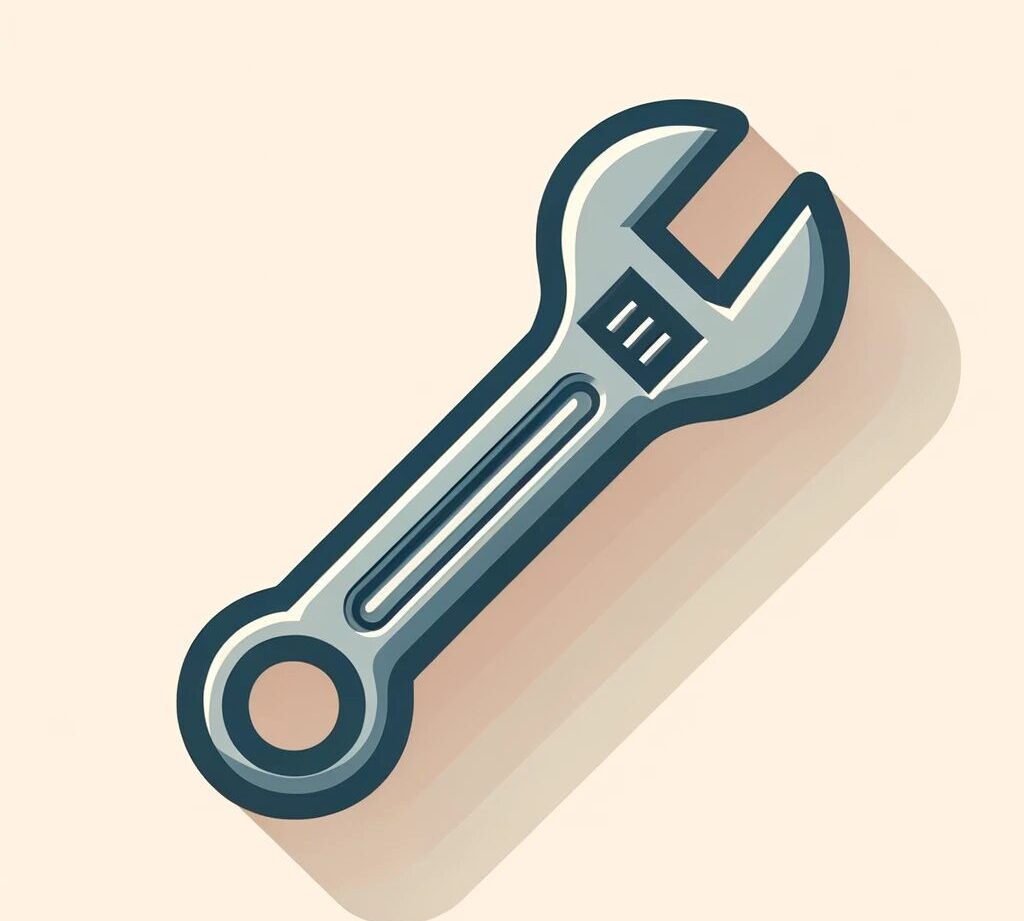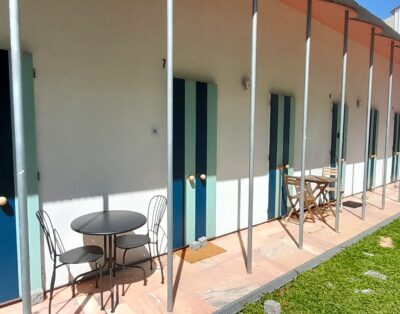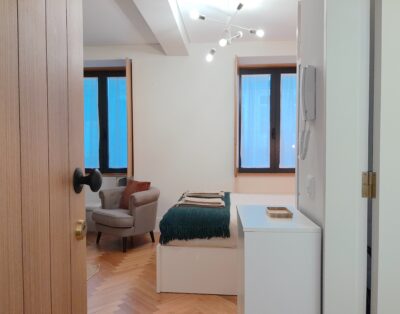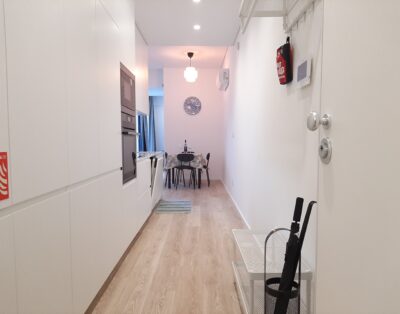A Landlord’s Guide to Appliance Maintenance and Repair

Keeping appliances in top working order is essential for any rental property, ensuring tenant satisfaction and minimizing costly replacements. This guide focuses on maintaining common household appliances such as refrigerators, stoves, washing machines, and dishwashers, including troubleshooting tips and simple repairs landlords can do without calling in a technician.
Refrigerator Maintenance
- Coils and Fans: Vacuum the refrigerator coils located either behind or beneath the appliance to ensure efficient cooling. Check that the fan is clear of debris and functioning correctly.
- Door Seals: Inspect the door seals for any signs of wear or gaps that could let cold air escape. Clean the seals with a mild detergent and replace them if necessary to maintain energy efficiency.
Stove and Oven Care
- Burners and Elements: Regularly clean stove burners and oven elements to prevent food buildup, which can cause uneven heating or fire hazards. For electric stoves, replace any damaged coils to ensure proper cooking temperatures.
- Oven Calibration: Check the oven temperature calibration with an oven thermometer. If temperatures are off, refer to the manufacturer’s instructions for recalibrating or consider calling a professional for gas appliances.
Dishwasher Upkeep
- Filters and Sprayers: Clean dishwasher filters and sprayers monthly to prevent food particles from clogging the system. A clogged dishwasher can lead to poor cleaning performance and water drainage issues.
- Door Seals: Similar to refrigerators, inspect and clean the dishwasher door seals to prevent leaks. Replace the seals if you notice any cracks or damage.
Washing Machine and Dryer Maintenance
- Hoses and Connections: For washing machines, check hoses for bulges, cracks, or leaks, and replace them every 3-5 years as a preventative measure. Ensure connections are secure to prevent water damage.
- Lint Traps and Vents: Clean the dryer’s lint trap after every use and periodically check the venting system for lint buildup, which can pose a fire risk. A clogged vent can also significantly decrease drying efficiency.
Troubleshooting Common Appliance Issues
- Refrigerator Not Cooling: Check the thermostat settings and ensure the appliance isn’t overloaded. Verify that the coils are clean and the fan is operational.
- Oven Not Heating: For electric ovens, inspect the elements for damage. For gas ovens, the issue might be with the igniter or gas line, which may require professional service.
- Dishwasher Leaving Residue: Ensure the appliance is loaded correctly, and the sprayers aren’t blocked. Consider running a cleaning cycle with a dishwasher cleaner.
- Washing Machine Not Draining: Check for clogs in the drain hose or pump filter. A malfunctioning pump may need replacement.
Preventative Measures and When to Call a Professional
- Regular Inspections: Conduct regular inspections and maintenance to catch issues early. Provide tenants with guidelines on using and caring for appliances to prevent misuse.
- Professional Repairs: While many minor repairs and maintenance tasks can be handled without professional help, significant issues, especially with gas appliances or complex electrical problems, should be addressed by a certified technician to ensure safety and compliance with warranty requirements.
Appliance maintenance is a crucial aspect of property management that, when done correctly, can save landlords time and money while keeping tenants happy. By following these tips and understanding when to tackle repairs yourself versus when to call in a professional, you can extend the life of your appliances and avoid disruptions to your rental property’s operations.
Need help managing your property? Contact us here!













